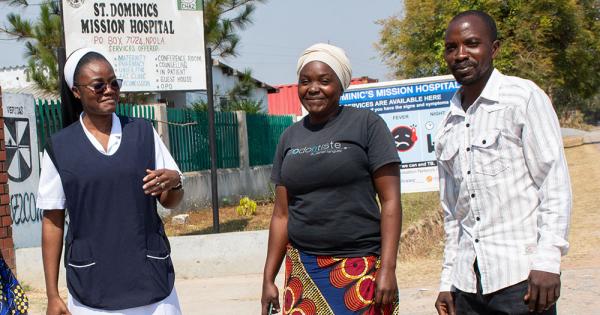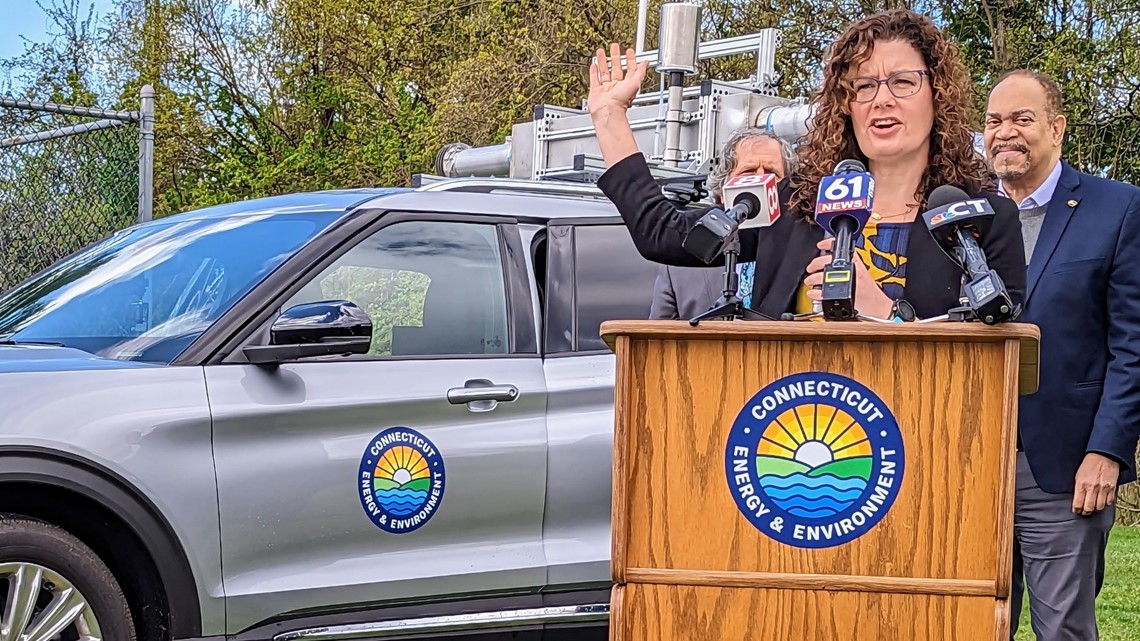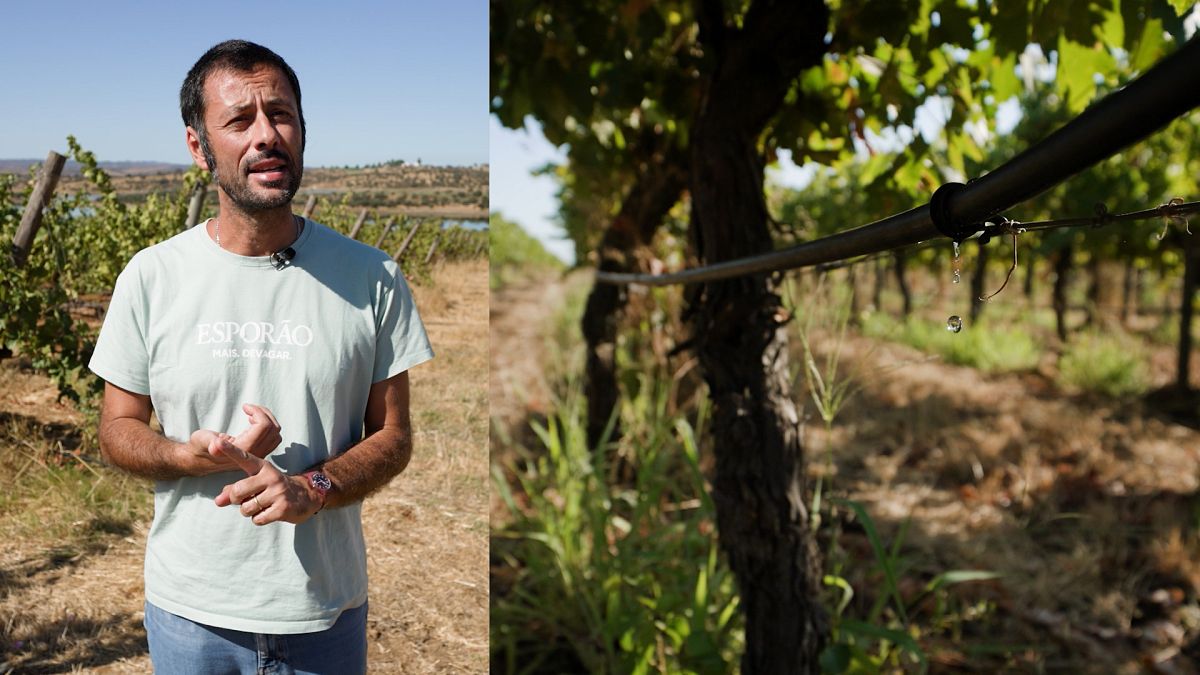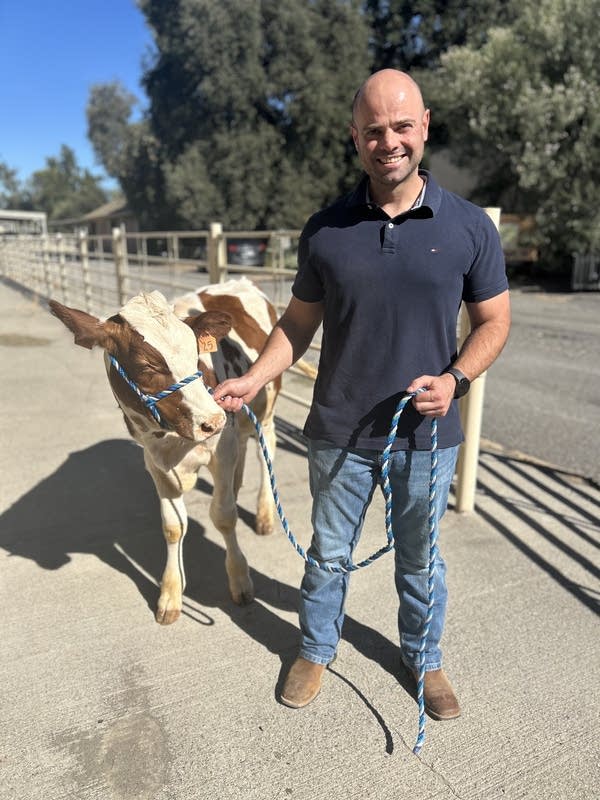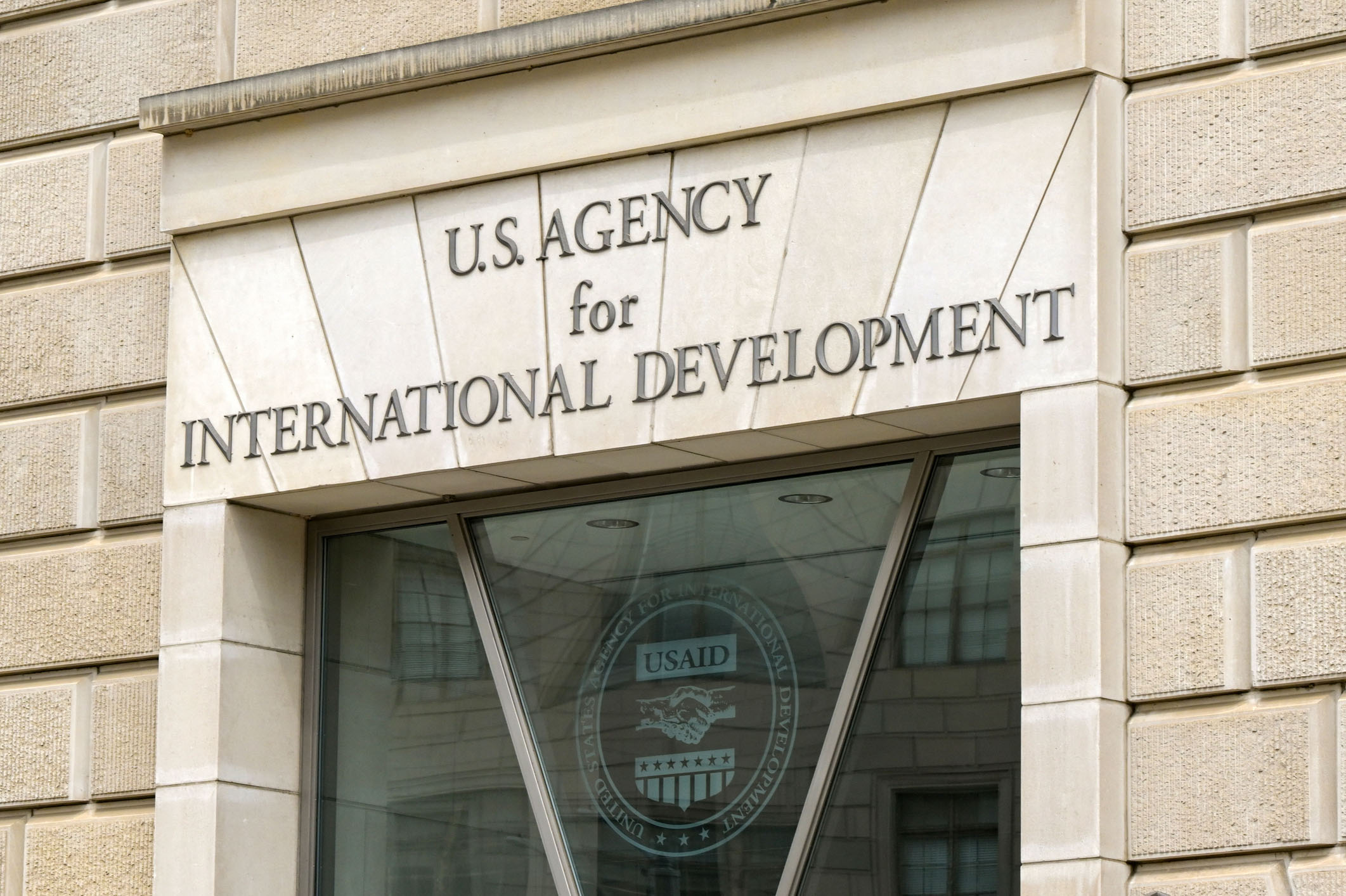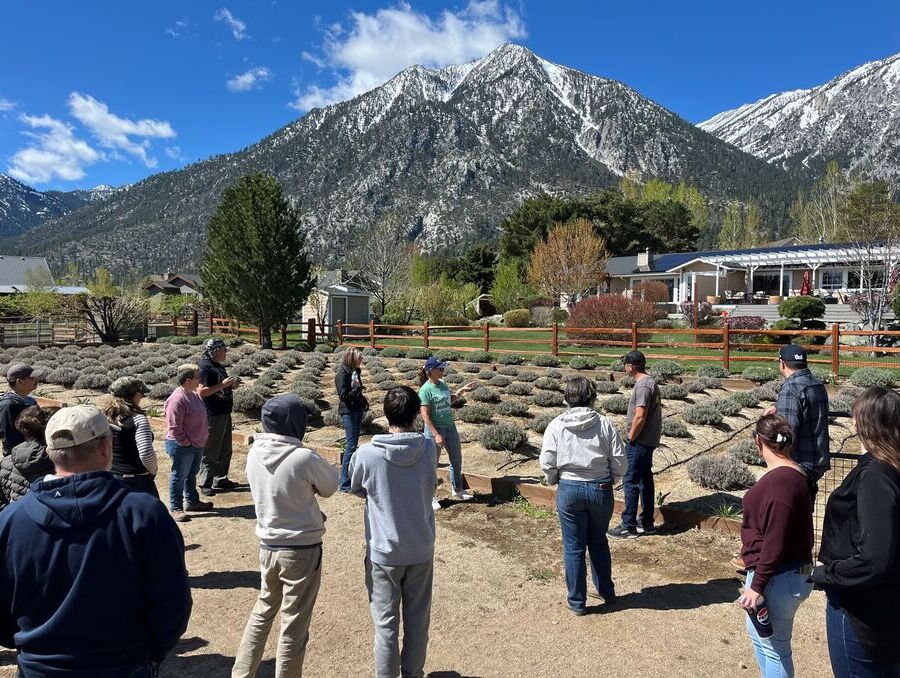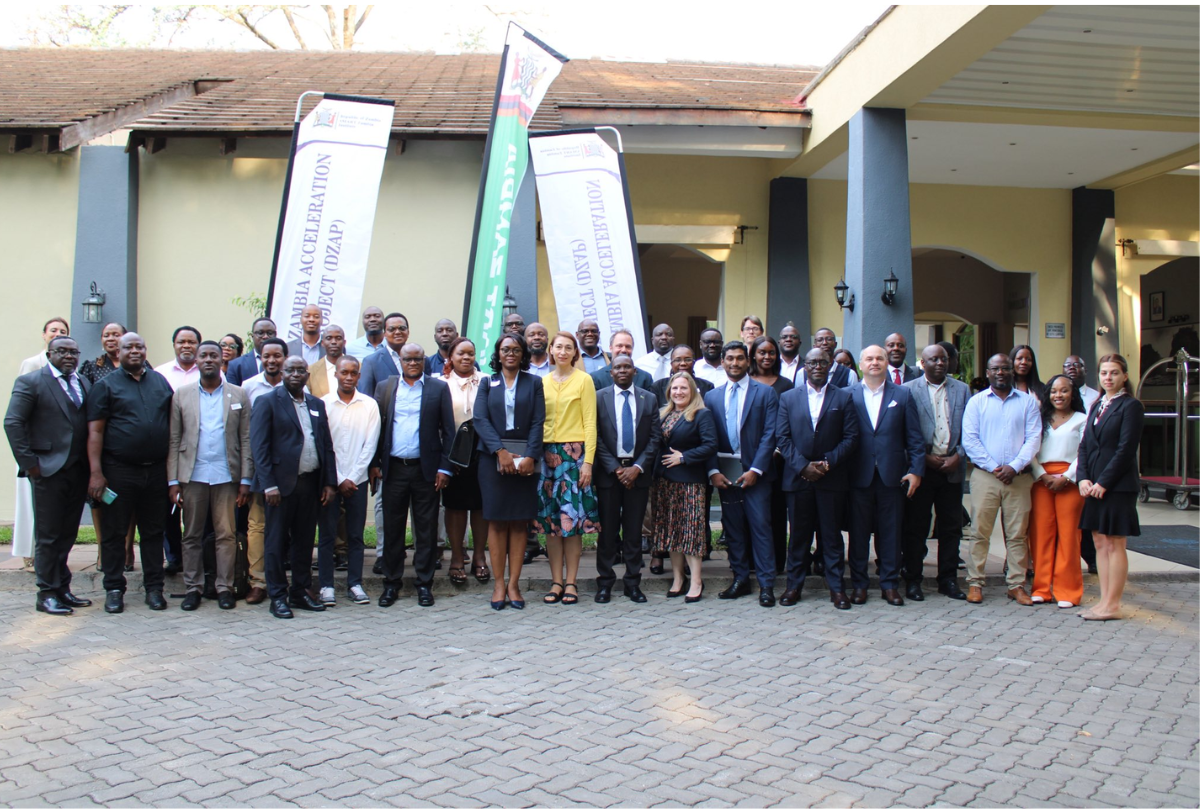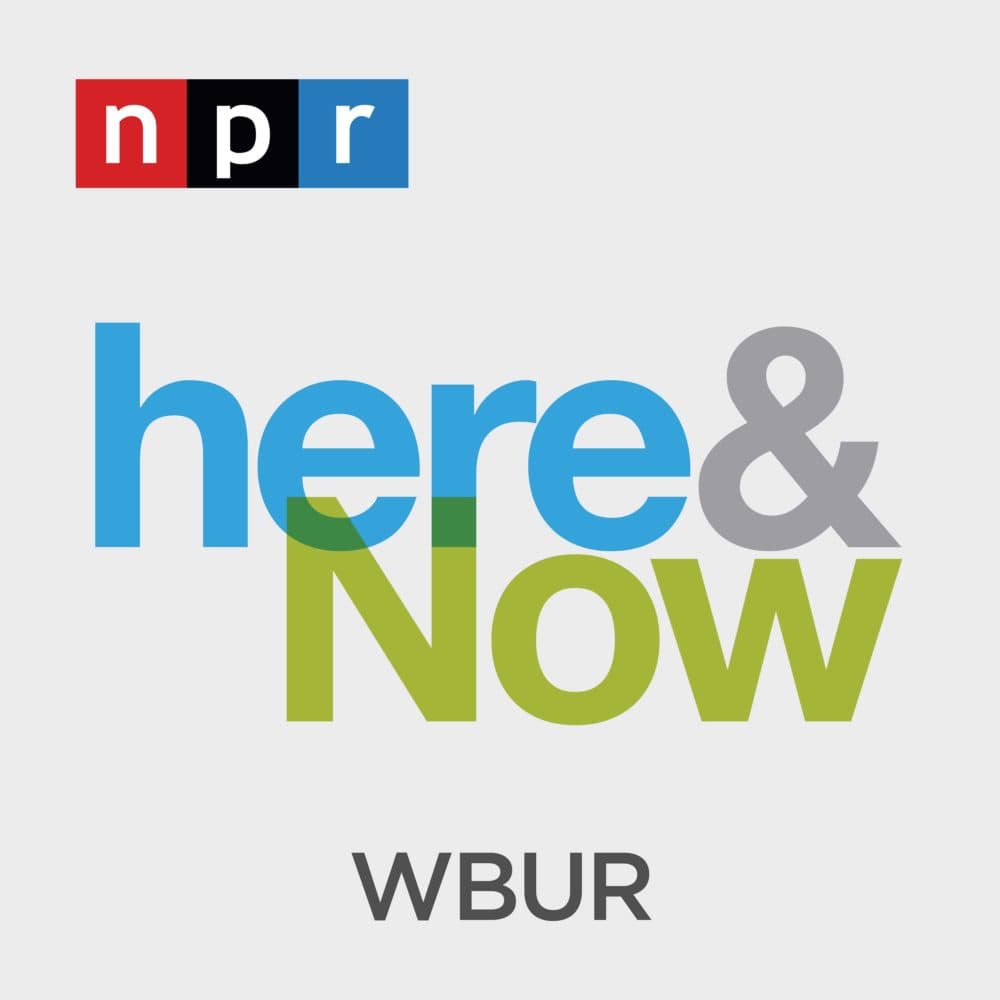Proposed Wisconsin bill would give adoptees access to original birth certificates – Racine County Eye

Executive Summary
A legislative proposal, LRB-3879/1, is advancing in Wisconsin to grant adult adoptees unrestricted access to their original birth certificates. This report analyzes the bill’s objectives, its legislative context, and its significant alignment with several United Nations Sustainable Development Goals (SDGs). The initiative is framed by advocates as a critical measure for restoring fundamental rights and addressing systemic inequalities. The proposed law directly supports SDG 3 (Good Health and Well-being) by enabling access to vital medical histories, SDG 10 (Reduced Inequalities) by correcting a legal disparity, and SDG 16 (Peace, Justice and Strong Institutions) by ensuring legal identity and access to justice for all citizens. The effort is a result of multi-stakeholder collaboration, reflecting the principles of SDG 17 (Partnerships for the Goals).
Legislative Initiative Analysis: Wisconsin Bill LRB-3879/1
The proposed legislation, LRB-3879/1, aims to amend current Wisconsin law, which restricts an adult adoptee’s access to their original, unredacted birth certificate. The bill is championed by State Representative Paul Tittl and State Senator André Jacque.
Legislative Champions and History
Representative Tittl has consistently supported this cause, introducing similar legislation in every session since 2014. His advocacy is based on the principle that all individuals have a right to their own identity documents. While most contemporary adoptions are open, a notable percentage (approximately 5%) remain closed, leaving adoptees without access to crucial personal information.
Grassroots Advocacy and Partnerships (SDG 17)
The legislative push is significantly propelled by grassroots advocacy, led by adoptee Diana Higgenbottom Anagnostopoulos. Her work exemplifies a partnership for the goals (SDG 17), involving collaboration with legislators, civil society, and the use of media to educate stakeholders. Anagnostopoulos has engaged directly with lawmakers in Madison, utilizing her documentary, Love Differently, to illustrate the legal and emotional challenges faced by adoptees. This collaborative effort has garnered support from multiple legislators, including Rep. Angelito Tenorio, Sen. Rob Hutton, and Rep. Robert Wittke, who have actively communicated the bill’s progress.
Alignment with Sustainable Development Goals (SDGs)
The proposed legislation strongly aligns with the 2030 Agenda for Sustainable Development by addressing fundamental issues of health, equality, and justice.
SDG 16: Peace, Justice and Strong Institutions
The bill is fundamentally a matter of justice and legal identity, a core target of SDG 16. By providing access to original birth certificates, the legislation seeks to build more inclusive institutions.
- Legal Identity for All: The current system creates barriers for adoptees in meeting federal REAL ID requirements, hindering their ability to prove their legal identity. The bill rectifies this institutional failure.
- Access to Justice: Advocates frame the issue as a civil right, arguing that individuals should not have their identity sealed without their consent. The bill provides a legal remedy to this long-standing issue.
- Accountable Institutions: The legislation calls for state institutions to be more accountable to all citizens by providing equal access to their own vital records.
SDG 3: Good Health and Well-being
Access to genetic and familial medical history is a critical component of ensuring good health and well-being, a primary objective of SDG 3. The current law denies adoptees information that is essential for preventative healthcare and medical treatment.
- Informed Healthcare Decisions: An illustrative case highlighted a 50-year-old adoptee who, upon discovering her adoption, learned she had been concerned about incorrect hereditary health conditions. Access to her original birth certificate and family history would have enabled accurate, proactive health management.
- Reducing Health Risks: Denying access to family medical history prevents adoptees from understanding and mitigating risks associated with genetic predispositions.
SDG 10: Reduced Inequalities
The legislation directly targets the reduction of inequalities, as mandated by SDG 10. It seeks to eliminate the discriminatory practice of treating adoptees differently from non-adoptees regarding access to their own birth records.
- The bill aims to correct the legal inequality that denies a specific group of citizens a right afforded to others: access to their own original birth certificate.
- It addresses the argument that birthparent privacy should not supersede an adult’s fundamental right to their own identity and history.
National Context and Future Outlook
Broader U.S. Momentum
Wisconsin’s legislative effort is part of a larger national movement. According to Adoptees United, a growing number of states, including New York, Oregon, and Illinois, have already enacted laws restoring unrestricted access to original birth certificates for adult adoptees. This trend indicates a national shift towards recognizing the rights of adoptees in line with principles of equality and justice.
Legislative Prognosis
Despite increased momentum and a groundswell of support, the bill’s passage is not guaranteed. Previous attempts in Wisconsin, such as SB 483/AB 502 in 2021, have failed to pass. The current bill’s co-sponsorship period closed on July 31, after which it will be assigned to a committee. The coming weeks will be critical in determining its legislative trajectory. However, advocates remain optimistic that progress is being made toward this important reform.
1. Which SDGs are addressed or connected to the issues highlighted in the article?
SDG 16: Peace, Justice and Strong Institutions
- The article’s central theme is the legal and civil rights of adult adoptees to access their original birth certificates. This directly relates to SDG 16, which aims to promote just, peaceful, and inclusive societies. The push for the bill LRB-3879/1 is an effort to reform existing laws and institutions in Wisconsin to be more just and inclusive for adoptees. The article frames the issue as a “civil rights issue” and a fight for “the right to know who we are,” which are matters of justice and legal identity.
SDG 3: Good Health and Well-being
- The article explicitly connects the lack of access to original birth certificates with negative health implications. It states that the current system keeps “vital identity and medical information hidden.” It provides a specific example of an adoptee who, upon learning her family’s medical history, “it turned out she was concerned about the wrong things all along.” This highlights how access to this information is crucial for understanding genetic predispositions and ensuring proper preventative healthcare, which is a core component of promoting well-being.
2. What specific targets under those SDGs can be identified based on the article’s content?
Targets under SDG 16: Peace, Justice and Strong Institutions
-
Target 16.9: By 2030, provide legal identity for all, including birth registration.
- The entire article is focused on the right of adult adoptees to access their original birth certificate, which is the primary document establishing their legal identity at birth. The advocate Diana Higgenbottom Anagnostopoulos states, “We’re just asking for the right to know who we are,” and points out practical barriers like “REAL ID requirements” where adoptees “can’t even prove who we truly are with the documents we have.” The proposed bill aims to provide full access to this fundamental document of legal identity.
-
Target 16.3: Promote the rule of law at the national and international levels and ensure equal access to justice for all.
- The advocacy effort is presented as a quest for justice and equality under the law. The current law is seen as unjust because it denies a specific group (adoptees) access to their own records. Anagnostopoulos refers to the effort as a mission to “restore our civil rights,” positioning the legislative change as a means to ensure adoptees have the same access to their personal information as non-adoptees, thereby promoting equal access to justice.
-
Target 16.7: Ensure responsive, inclusive, participatory and representative decision-making at all levels.
- The article details the grassroots advocacy and legislative process, which exemplifies this target. Diana Higgenbottom Anagnostopoulos is working directly with legislators, “educating lawmakers,” and sharing her documentary to influence the decision-making process. The article notes that lawmakers like Rep. Angelito Tenorio and Sen. Rob Hutton are responding to these efforts, showing a move towards a more inclusive and responsive legislative process that considers the lived experiences of adoptees.
Targets under SDG 3: Good Health and Well-being
-
Target 3.8: Achieve universal health coverage, including… access to quality essential health-care services…
- While not a direct match, access to one’s family medical history is a key component of quality and preventative healthcare. The article highlights that sealed records prevent adoptees from knowing “crucial health… information.” The anecdote about the woman worried about the wrong health conditions demonstrates how a lack of this information can compromise an individual’s ability to manage their health effectively, linking the legal issue directly to the quality of healthcare and well-being.
3. Are there any indicators mentioned or implied in the article that can be used to measure progress towards the identified targets?
Indicators for SDG 16 Targets
- Indicator for Target 16.9: The primary indicator is the legal status of adoptees’ access to their birth certificates. Progress can be measured by the passage of legislation (like bill LRB-3879/1) that grants adult adoptees unrestricted access to their original, unredacted birth certificates. The article implies a binary measure: currently, access is restricted for a “small but significant number—about five percent” of closed adoptions, and the bill would change this. The mention of other states like “Oregon, New York, and Illinois” that have already passed such laws serves as a benchmark for this indicator.
- Indicator for Target 16.3: An indicator for equal access to justice is the removal of legal barriers that uniquely affect a specific population. The current Wisconsin law is a barrier for adoptees. Therefore, the successful repeal or amendment of this law would serve as a direct indicator that access to justice, in the form of personal legal documents, has been made more equal.
Indicators for SDG 3 Targets
- Indicator for Target 3.8: An implied indicator is the ability of individuals to access their complete family medical history for preventative care and diagnosis. The article doesn’t provide statistics but uses a powerful anecdote about an adoptee who “was concerned about the wrong things all along” to illustrate the negative health impact of not having this information. Measuring progress would be difficult, but a qualitative indicator would be the reduction of such cases following a change in the law.
4. Table of SDGs, Targets, and Indicators
| SDGs | Targets | Indicators Identified in the Article |
|---|---|---|
| SDG 16: Peace, Justice and Strong Institutions | 16.9: Provide legal identity for all, including birth registration. | The legal ability of adult adoptees to access their original, unredacted birth certificates. Progress is measured by the passage of the proposed bill (LRB-3879/1). |
| SDG 16: Peace, Justice and Strong Institutions | 16.3: Promote the rule of law… and ensure equal access to justice for all. | The amendment or repeal of laws that restrict adoptees’ access to their personal legal documents, thereby ensuring their civil rights are restored. |
| SDG 16: Peace, Justice and Strong Institutions | 16.7: Ensure responsive, inclusive, participatory and representative decision-making at all levels. | The active engagement of adoptee advocates with lawmakers and the responsiveness of legislators to their concerns, as shown by their support for the bill. |
| SDG 3: Good Health and Well-being | 3.8: Achieve universal health coverage, including… access to quality essential health-care services… | The ability of adoptees to access their family medical history to inform their healthcare decisions, as highlighted by the anecdote of the person who “was concerned about the wrong things.” |
Source: racinecountyeye.com

What is Your Reaction?
 Like
0
Like
0
 Dislike
0
Dislike
0
 Love
0
Love
0
 Funny
0
Funny
0
 Angry
0
Angry
0
 Sad
0
Sad
0
 Wow
0
Wow
0









